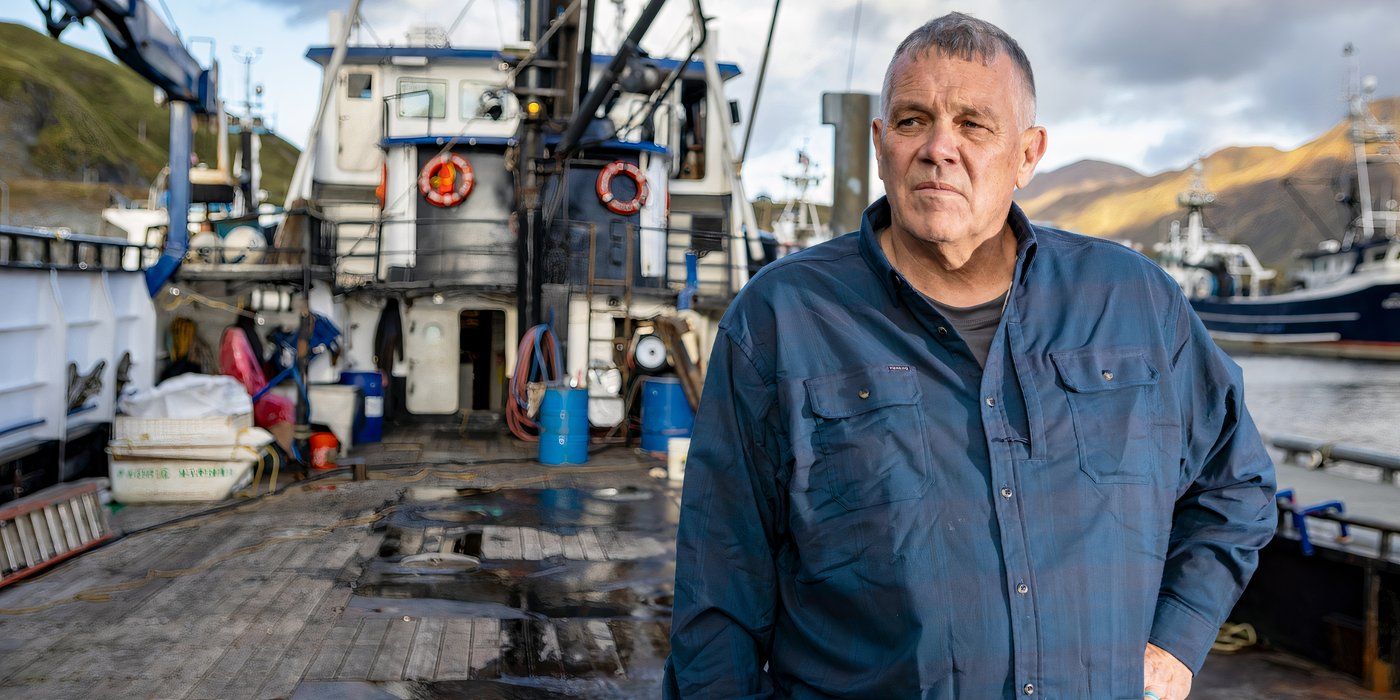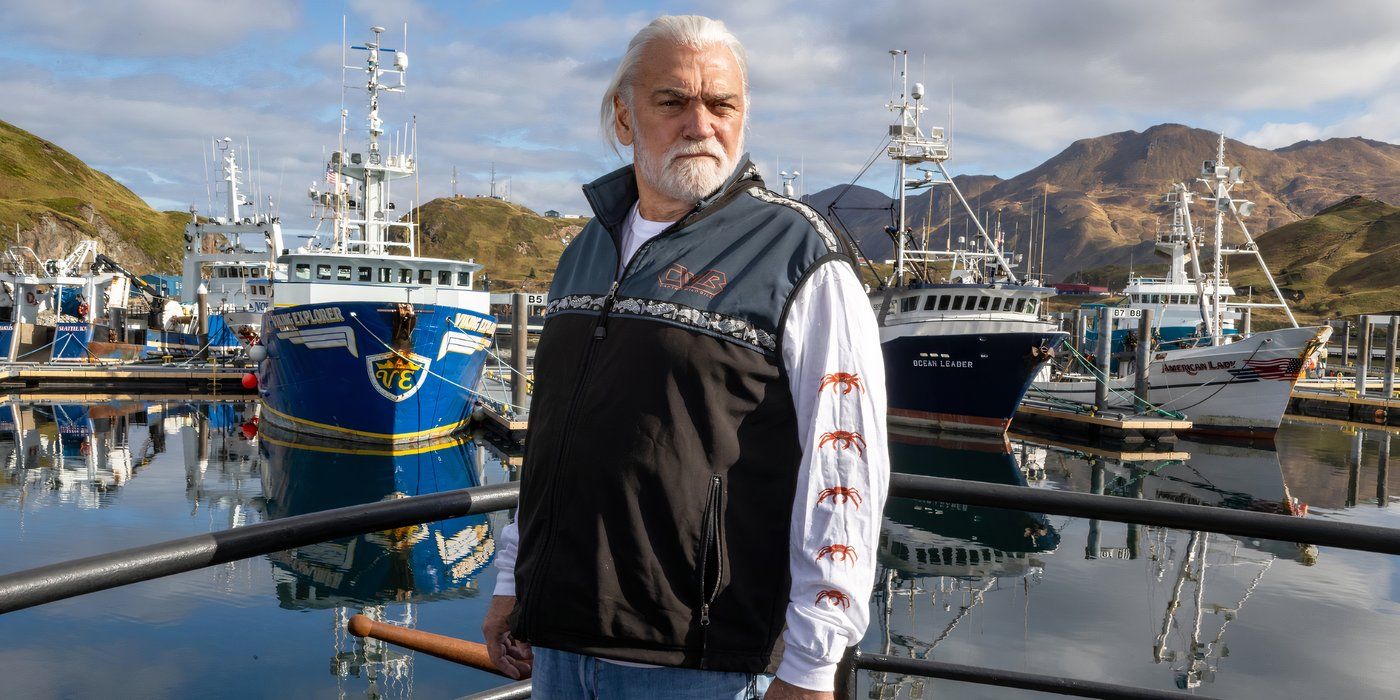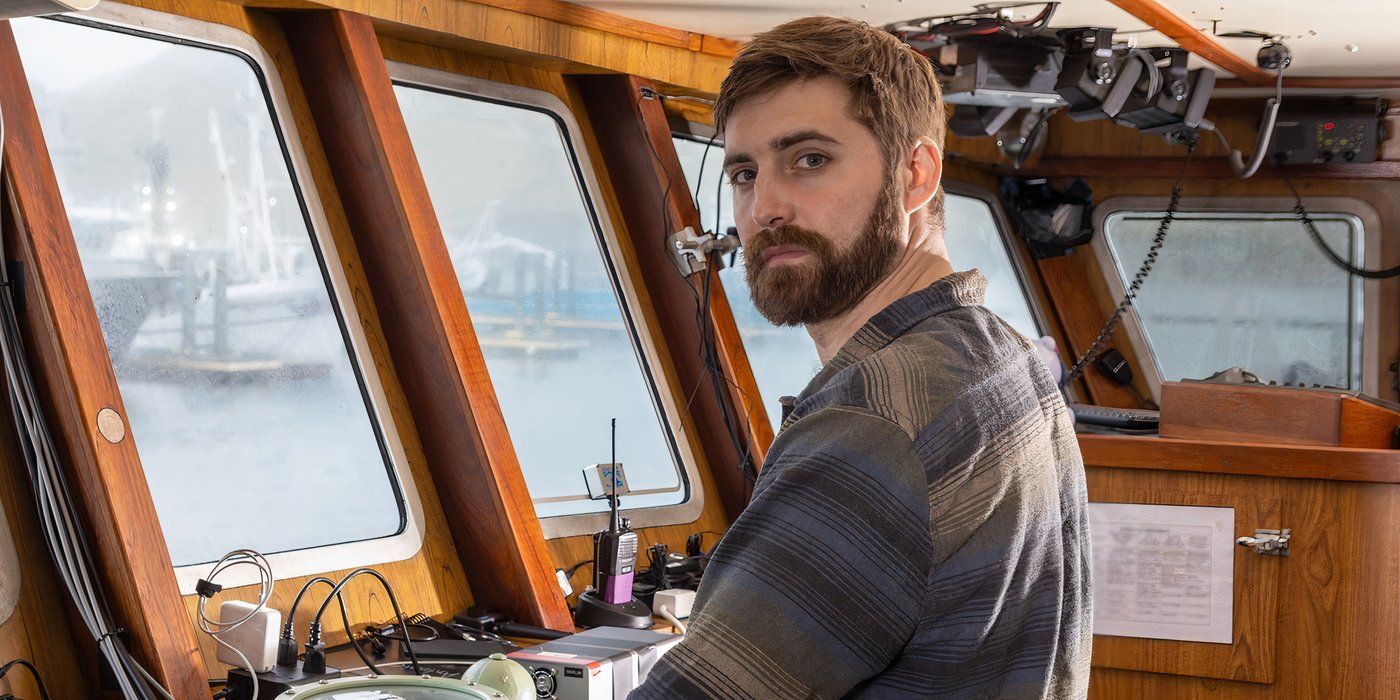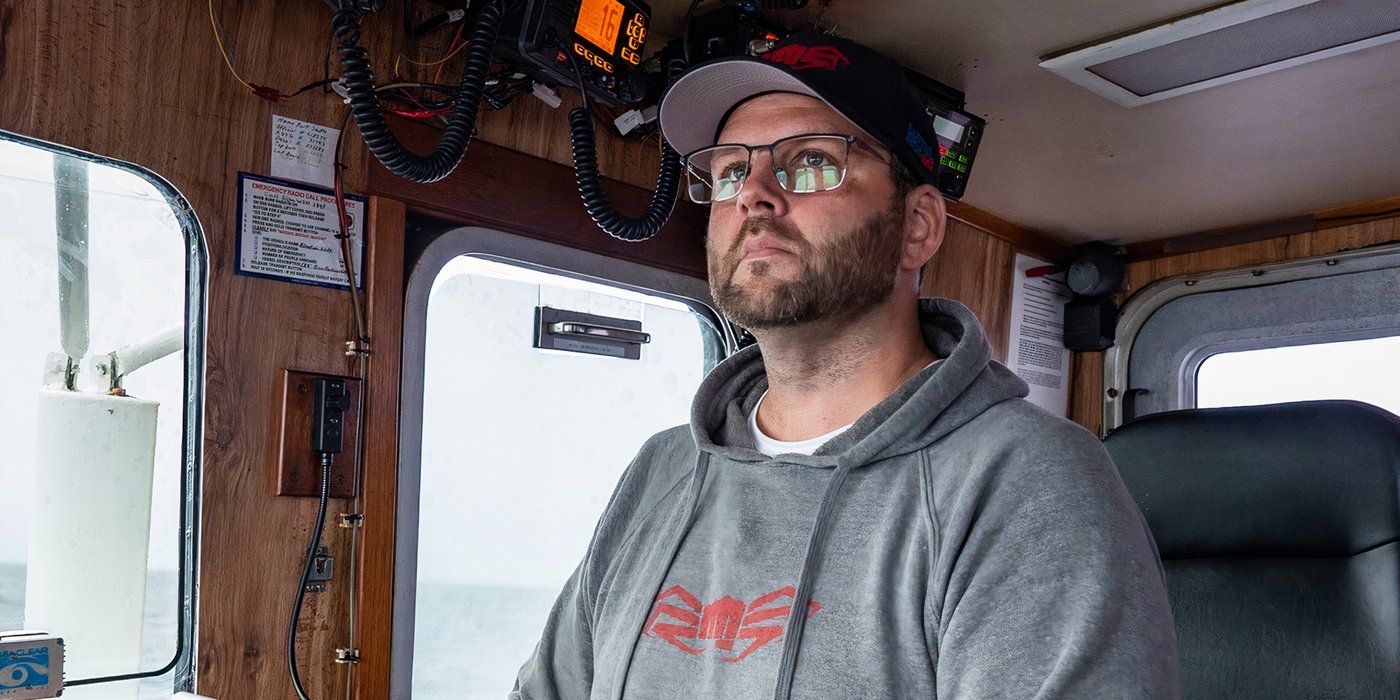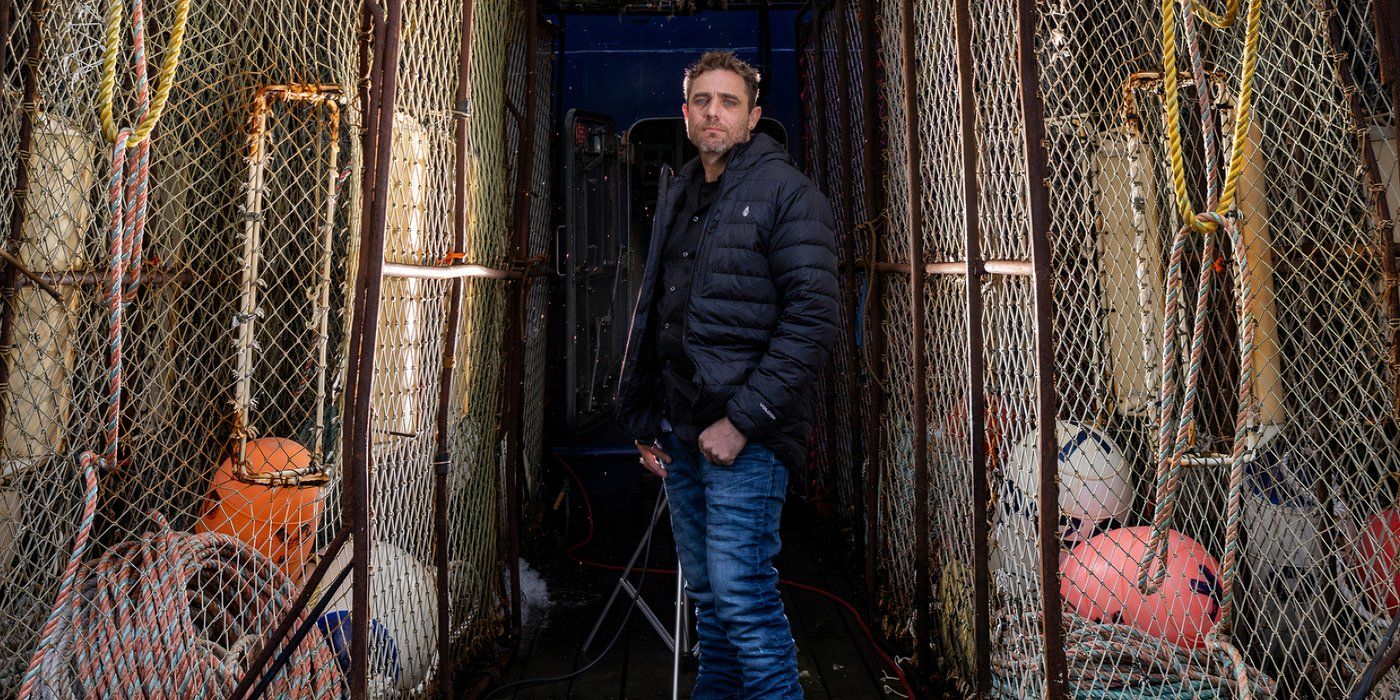‘Deadliest Catch’ Wouldn’t Be the Same Without These Wacky Superstitions
‘Deadliest Catch’ Wouldn’t Be the Same Without These Wacky Superstitions
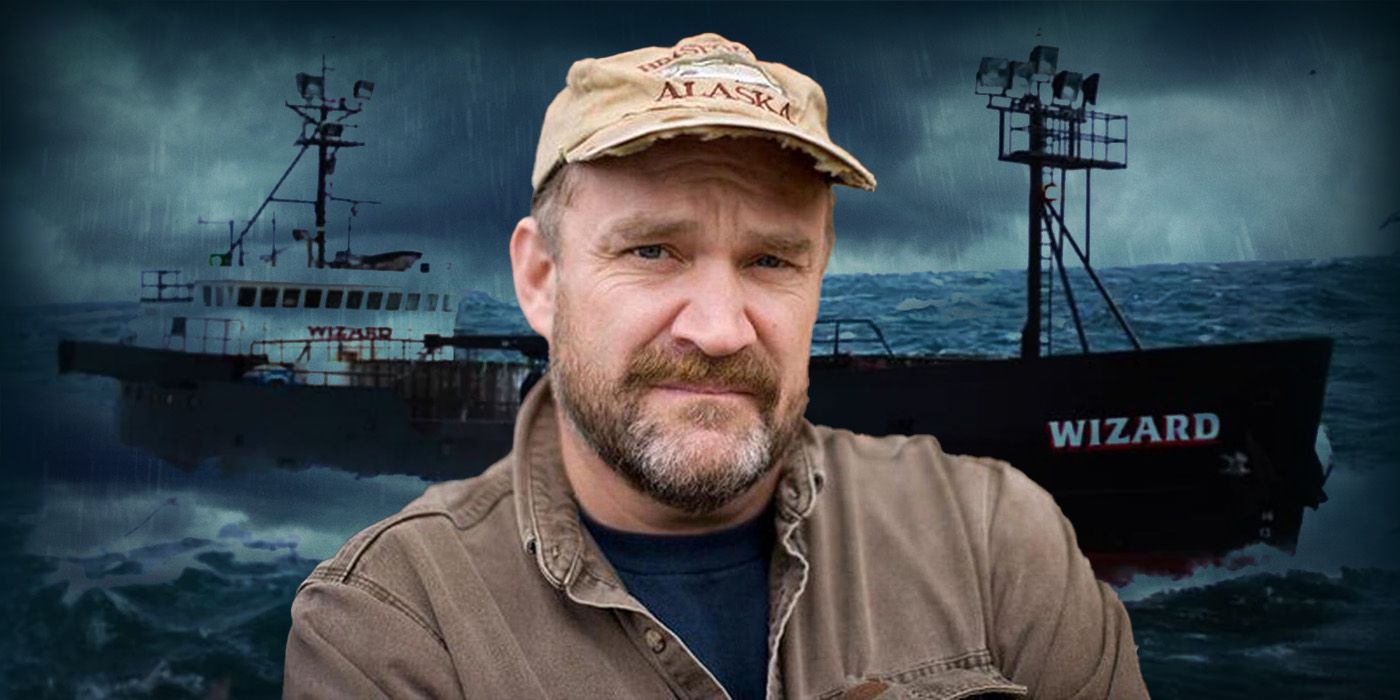
Many people have superstitions that affect how they can go about their business; as they say, it’s true in any profession. Whether it’s how a batter prepares in the box before a pitch or in the world of theater, it’s bad luck to say good luck, as superstitions and traditions hold a special place in many peoples’ lives. Such is the case in Deadliest Catch, with the concept of superstitions playing a role in how certain crew members operate while they’re on board their vessels in the rough waters of the Bering Sea.
Deadliest Catch has been entertaining viewers for 20 seasons. Originally debuting in 2005, Deadliest Catch captures the action of some of the most beloved fishing vessels that endure rough waters as their crews race to fulfill their quotas season after season. With a cast full of colorful personalities sharing their profession with the world, Deadliest Catch perfectly captures the nuances of the individuals on the series each week.
The History of Superstitions and Traditions in Fishing
Over the course of its 20 seasons on Discovery Channel, Deadliest Catch has displayed the highs and lows of one of the most brutal professions on the planet. With immense danger working aboard these incredible fishing vessels, many crew members—from the captains to the greenhorns—live by superstitions and traditions that lay out just exactly how their journey might go. Some of the superstitions that fans witness in the series are longstanding lore that has been part of the fishing world for generations.
According to Captain Experiences, many superstitions became widespread as anglers traveled long distances, and the complexities of these superstitions have evolved, though their weight varies from fisher to fisher. For example, it’s been said to drink whiskey after preparing the gear as standard in Scottish tradition; but does it bring good luck or is it just to have a good time? Another tradition dating back to Scottish tradition is to throw a man overboard, and while it may sound counterintuitive, it is said to alert fish to something in the water. As a whole, the activity would bring them closer to the vessel in order for the fishers to catch.
Pineapples have been connected with fishermen for thousands of years as a symbol of hospitality when trade ships from New England would travel to the Caribbean and South America to do business, and it’s said that captains would stick the fruit on their gate or fence to reveal that they had safely returned home. Pineapples are a sign of good luck, so if you were to catch the “king of fishes,” it is out of respect to return them to the sea. If not, you were destined to get lost in a terrible storm.
What Is the Most Well-Known Superstition in Fishing?
When it comes to bad luck, the most well-known and universally practiced superstition of all is not allowing bananas on board. A banana on a boat could signify no fish, bad weather, or problems on the ship, and it’s said that this superstition links back to how bananas might bring aboard venomous spiders. In this same way, having a black bag on board is said to signify bad luck due to its close relation to a body bag. This black bag superstition can include anything from briefcases, suitcases, backpacks, and more.
While you may have heard the phrase, “Whistle while you work,” on a boat, if you whistle while you fish, it might bring bad weather, as it’s referred to as “whistling up a gale.” Theater people use the phrase, “break a leg,” in replacement of saying, “good luck,” and it’s exactly the same on the high seas. But on a boat, bad luck will come to both the person who says it and to the one who it’s said to. But do these fears of bad luck play a part in Deadliest Catch? You bet they do.
These ‘Deadliest Catch’ Stars Live by Superstitions
So, how do the stars of Deadliest Catch feel about these superstitions? Well, some of them swear by them. Captain Sig Hansen has revealed that it’s good luck to bite the head off of a herring and must ensure that no hatches are upside down. Some crews must burn a barrel before heading out on a stressful voyage, as the burn barrel has been said to allow a rowdy way to wish luck without saying those cursed words. Though Captains Jonathan and Andy Hillstrand on the fishing vessel, Time Bandit, don’t follow along the way other captains do, sometimes bad things have happened.
For someone like Captain Keith Colburn, he had been a part of traditions and superstitions from a very early age. Some may think that he overprepares, but he must have all the cups facing forward, can’t open any item upside down, and heads north until no lifts of any other boat is seen on the horizon line. Some crew members have been known for not stressing, which can be seen as overconfidence, but it’s something everyone in the world seems to swear by. Captain Sig states, “On our boat, if you talked about having a good season before I leave, I’m gonna get you. I don’t like it. And when the guys get cocky and start talking about how much money they’re gonna make or that it’s so good, to me, that’s bad luck to me.”
Like the traditions, rituals, and superstitions that have been passed down for generations, viewers of Deadliest Catch may, too, acquire the traditions they see on stage. Having these superstitions and traditions shown on Deadliest Catch helps to humanize the characters beyond their rough-trade professions, allowing a connection to resonate with viewers who might have their own superstitions that they live by. Bringing these traditions to the screen also allows viewers to see the little things that happen beyond the danger portrayed on screen; little quirks and nuances help make the characters on Deadliest Catch even more unique and special to its dedicated audience.


